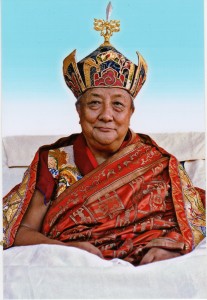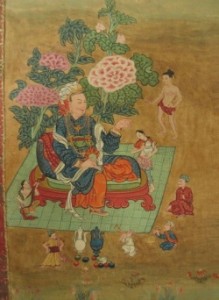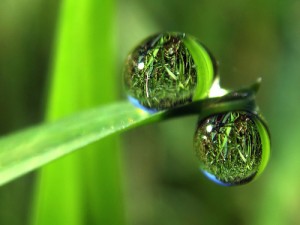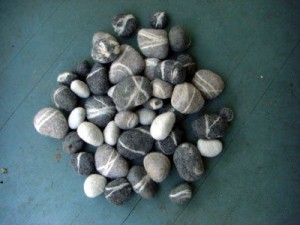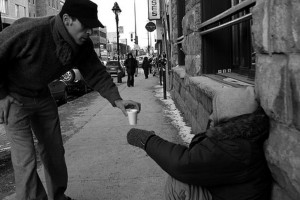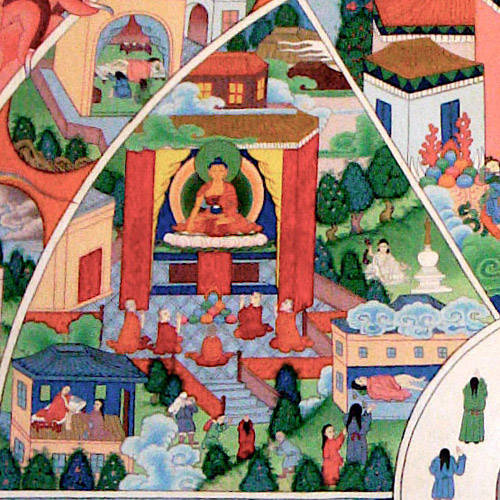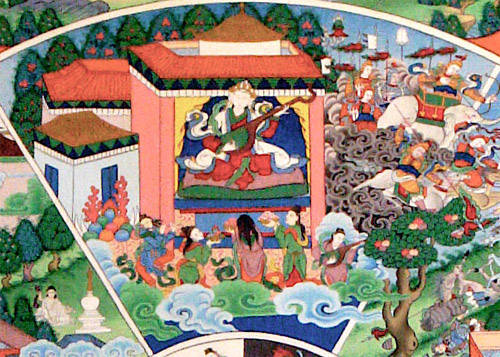The following is respectfully quoted from “Enlightened Courage” by Dilgo Khyentse Rinpoche:
First study the preliminaries.
Consider all phenomena as a dream.
Analyse the unborn nature of awareness.
The antidote will vanish of itself.
The nature of the path rests in the alaya.
In post-meditation, consider phenomena as illusory.
Train to give and take alternately;
Mount them both upon your breath.
Three objects, three poisons and three roots of virtue.
In all your actions, train yourself with maxims.
Begin the training sequence with yourself.
When all the world is filled with evils,
Place all setbacks on the path of liberation.
Lay the blame for everyone on one.
Reflect upon the kindness of beings.
Voidness is the unsurpassed protection;
Thereby illusory appearance is seen as the four kayas.
The best of methods is to have four practices.
To bring the unexpected to the path,
Begin to train immediately.
The pith instructions briefly summarized:
Put the five stages into practice.
On how to die, the Mahayana teaches
These five strengths. It matters how you act.
All Dharma has a single goal.
Rely upon the better of two witnesses.
Always be sustained by cheerfulness.
With experience you can practice even when distracted.
Always train in three common points.
Change your attitude and maintain it firmly.
Do not discuss infirmities.
Do not have opinions on other people’s actions.
Work on the strongest of your defilements first.
Give up hoping for results.
Give up poisoned food.
Do not be hidebound by a sense of duty.
Do not meet abuse with abuse.
Do not wait in ambush.
Do not strike at weaknesses.
Do not lay the dzo’s burden on the ox’s back.
Do not praise with hidden motives.
Do not misuse the remedy.
Do not bring a god down to the level of a demon.
Do not take advantage of suffering.
Do everything with one intention.
Apply one remedy in all adversity.
Two things to be done, at the start and at the finish.
Bear whichever of the two occurs.
Even if it costs you your life, defend the two.
Train yourself in three hard disciplines.
Have recourse to three essential factors.
Meditate on three things that must not deteriorate.
Three things maintain inseparably.
Train impartially in every field;
Your training must be deep and all-pervading.
Always meditate on what is unavoidable.
Do not be dependent on external factors.
This time, do what is important.
Do not make mistakes.
Be consistent in your practice.
Be zealous in your training.
Free yourself by analysis and testing.
Don’t take what you do too seriously.
Do not be bad tempered.
Do not be temperamental.
Do not expect to be rewarded.
This distilled essence of instruction,
Which transmutes the upsurge of the five degenerations
Into the path of enlightenment,
Was handed down by Serlingpa.
Having roused the karma of past training,
And feeling powerfully inspired,
I disregarded suffering and censure
And sought out the instructions to subdue my ego-clinging;
Though I may die, I shall now have no regret.
